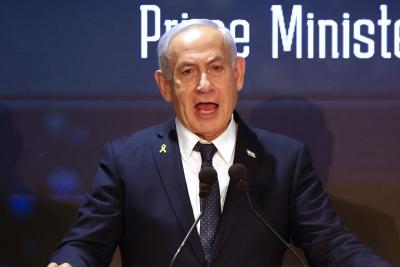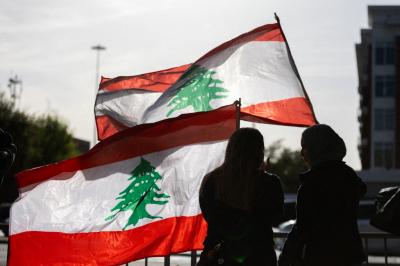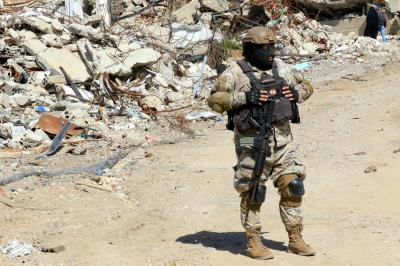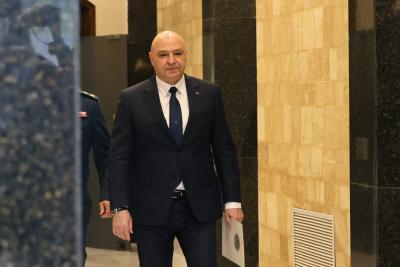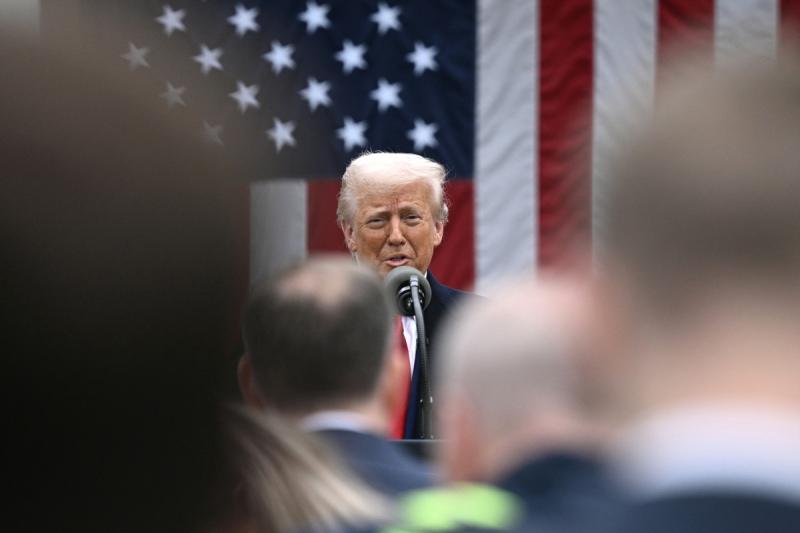Following her previous visit—and amid heightened security tensions and Israel’s continued aggression—there is little reassurance in the return of U.S. envoy Morgan Ortagus to Lebanon. Several critical files await her arrival: diplomatic negotiations between Lebanon and Israel, the dismantling of Hezbollah’s arsenal, and the reforms demanded as a prerequisite for reconstruction and economic aid.
It all starts with the weapons. The United States is ramping up pressure for Hezbollah’s arms to be seized and destroyed. Washington rejects the customary approach of the Lebanese Army confiscating weapon caches for storage, insisting instead on their total destruction under international supervision. Yet even that doesn’t seem enough—U.S. officials remain skeptical, doubting the effectiveness of any such operation given Hezbollah’s military capabilities.
A Western diplomat admits that the U.S. is implementing Israel’s agenda when it comes to arms and border tensions. Washington also supports Israel’s push for the establishment of a buffer zone along the Lebanon-Israel border. Expectations are that Ortagus will bring more pressure, particularly after previous attempts to dissuade her failed, with concerns mounting over potential domestic upheaval.
Worries are growing that continued pressure to disarm Hezbollah—especially if tied to a fixed timeline—could destabilize Lebanon. The U.S. has already expressed clear frustration with Lebanese President General Joseph Aoun’s recent remarks suggesting that Hezbollah’s arms are subject to internal dialogue.
Washington rejects any notion of dialogue regarding Hezbollah’s weapons. Alongside Israel, the U.S. is aiming to eliminate Hezbollah politically, having “defeated” it militarily. According to Western diplomatic sources, concerns are rising over the expected outcome of Ortagus’ visit, especially with the U.S. doubling down on its demand for direct diplomatic negotiations between Lebanon and Israel, ostensibly to form joint committees for border, withdrawal, and prisoner discussions.
Ortagus, scheduled to arrive in Beirut this Saturday, will receive Lebanon’s formal rejection of political negotiations with Israel under any pretext until Israeli forces withdraw from occupied points and Lebanese prisoners are released.
Meanwhile, European warnings to Lebanon forecast a fresh wave of pressure, framed around reconstruction—on the condition of reforms and disarmament. If Lebanon’s response doesn’t satisfy Washington, diplomatic sources say a new “Gaza scenario” could emerge, with Israel expanding its strikes beyond any defined geographic limits.
President Donald Trump is reportedly adamant about linking Hezbollah’s disarmament to a strict timetable, aiming to escalate pressure. But Lebanon is in no position to commit to such deadlines, nor can it impose that on Hezbollah, which, until now, has maintained a flexible stance with the government, allowing it to handle Israeli violations in its own way—even while remaining openly critical.
Diplomatic sources urge Lebanon to take the American threats seriously—both in terms of diplomatic negotiations and in submitting a credible reform plan to avoid a deeper crisis down the line.
What’s particularly puzzling, these sources say, is Lebanon’s seemingly passive response to Israel’s escalating threats and its reliance on foreign intervention. One day, President Aoun appealed to French President Emmanuel Macron to intercede with Trump. Next, the Lebanese government insists it alone has the authority to declare war or peace. But neither approach has yielded results. Lebanon’s state institutions appear powerless, seemingly resigned to foreign pressure—meanwhile, temporary wooden homes in border villages are being torn down in plain sight of the Lebanese Army.
Official Lebanese sources say no final response has been prepared yet regarding the proposed diplomatic committees. But Lebanon has been formally warned: failure to meet the U.S.-Israeli demands—or to submit an actionable economic reform plan within a fixed timeline—could lead to further deterioration.
In light of these developments, it’s likely that Lebanon’s top three officials will soon convene to coordinate a unified stance on the American proposal and preempt further pressure disguised as concern for internal stability.
During President Aoun’s recent visit to France, President Macron advised him to take the U.S. proposal seriously and find a response that could spare Lebanon further deterioration on the Israeli front. Macron also informed him that Israel has no genuine interest in diplomatic talks—it acts as it pleases, unchecked. But Trump, Macron said, remains insistent on launching direct negotiations between Lebanon and Israel.
That, it seems, is the extent of what France can offer: advice. Paris knows well that Lebanon has surrendered to its fate—caught between Israeli threats branded with a bold, unmistakable "Made in the USA" label.
 French
French




